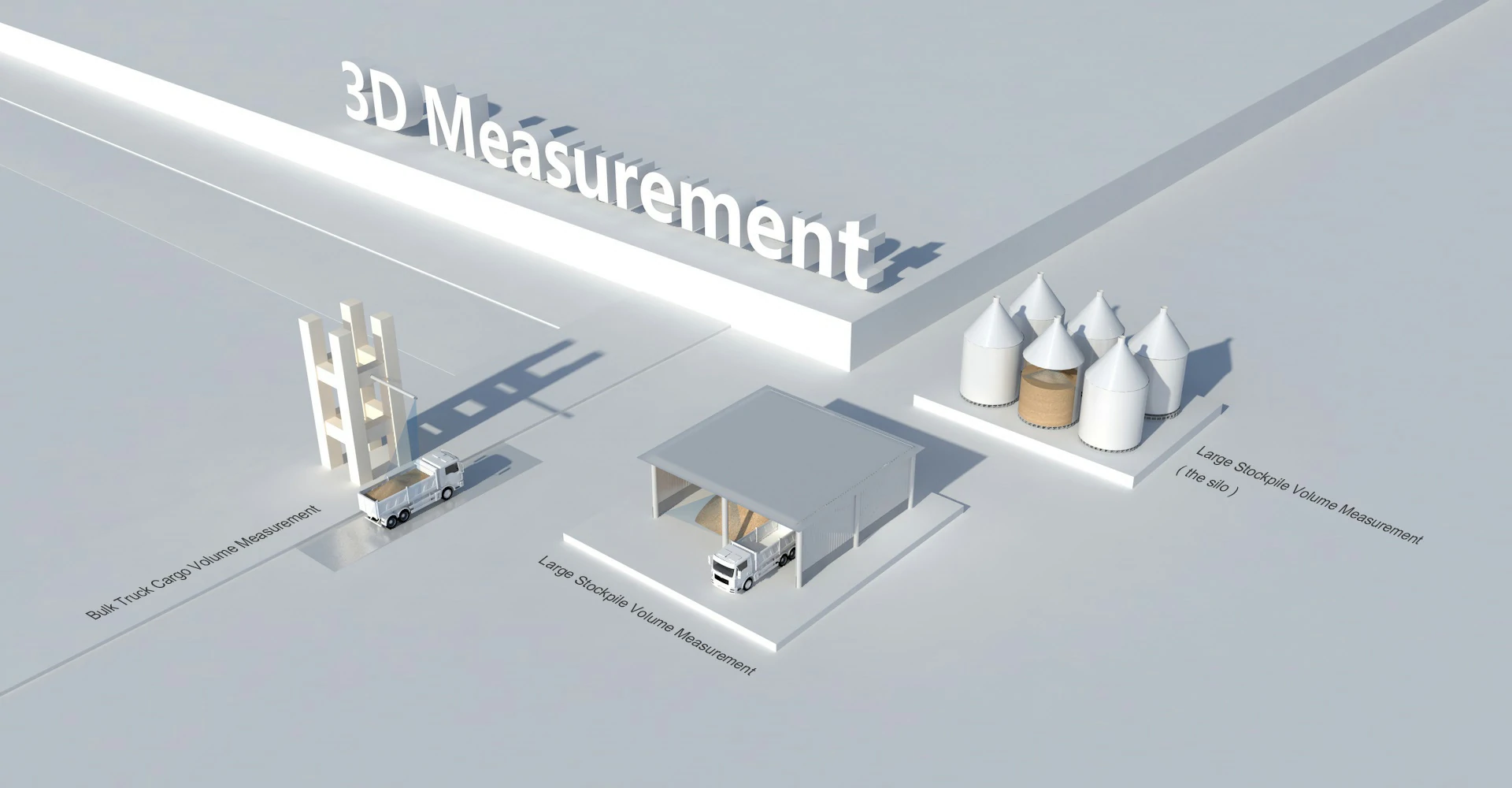
What is FLASH LIDAR
FLASH LIDAR, also known as Fast Light Detection and Ranging, is a technology that uses laser pulses to quickly and accurately measure distances and create detailed 3D maps of objects and environments. It is commonly used in autonomous vehicles, robotics, and other applications where precise spatial information is crucial for navigation and object recognition. FLASH LIDAR systems are capable of capturing high-resolution images in real-time, making them essential tools for enhancing situational awareness and improving safety in various industries. In summary, FLASH LIDAR is a cutting-edge technology that enables rapid and precise 3D scanning and mapping through the use of laser pulses.
The Main Technology in FLASH LIDAR
The main technology in FLASH LIDAR is the use of a pulsed laser to rapidly scan and capture high-resolution 3D images of the surrounding environment. This technology works by emitting short pulses of laser light and measuring the time it takes for the light to reflect off objects and return to the sensor. By analyzing the timing and intensity of these reflections, the system can create detailed 3D maps of the surroundings in real-time. FLASH LIDAR technology is particularly useful for applications such as autonomous vehicles, robotics, and augmented reality, where accurate and up-to-date spatial information is crucial for navigation and interaction with the environment.


Applications of FLASH LIDAR
FLASH LIDAR, or Fast Light Detection and Ranging, is a cutting-edge technology that uses laser pulses to quickly and accurately measure distances and create detailed 3D maps of the surrounding environment. This technology has a wide range of applications across various industries, including autonomous vehicles, robotics, aerospace, defense, and environmental monitoring. In autonomous vehicles, FLASH LIDAR can provide real-time data on the vehicle's surroundings, helping it navigate safely and avoid obstacles. In robotics, it can be used for object detection and navigation tasks. In aerospace and defense, FLASH LIDAR can enhance situational awareness and aid in target identification. Additionally, in environmental monitoring, it can be used for mapping terrain and monitoring changes in landscapes over time. Overall, FLASH LIDAR offers a versatile and powerful tool for a variety of applications that require precise and rapid 3D mapping capabilities.
Benefits of FLASH LIDAR
Flash lidar technology offers numerous benefits in various applications, including autonomous vehicles, robotics, and augmented reality. One of the key advantages of flash lidar is its ability to provide real-time 3D imaging with high resolution and accuracy. This enables faster and more precise object detection and tracking, leading to improved safety and efficiency in navigation and obstacle avoidance. Additionally, flash lidar systems are compact, lightweight, and energy-efficient, making them ideal for integration into small devices and platforms. Overall, the benefits of flash lidar technology lie in its advanced capabilities for rapid and reliable spatial sensing in dynamic environments.

LiDAR in Construction Monitoring
Neuvition's Titan series LiDAR sensors offer high-precision 3D scanning capabilities
ideal for construction site monitoring. The Titan M1 series, with its long-range and
high-resolution features, can capture detailed site data for accurate progress tracking
and volumetric measurements.
Neuvition LiDAR Products Overview

Titan S2
Specialized for specific industrial uses.
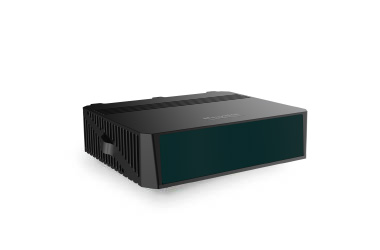
NeuX1
Next-generation LiDAR technology with enhanced capabilities.
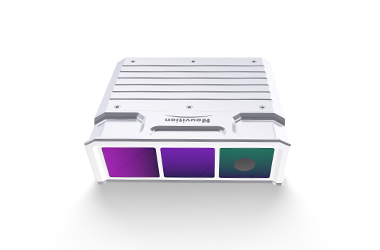
Titan M1 Series
Long-range, high-resolution LiDAR sensors for various applications.

Titan W1
Designed for wide-angle scanning in challenging environments.
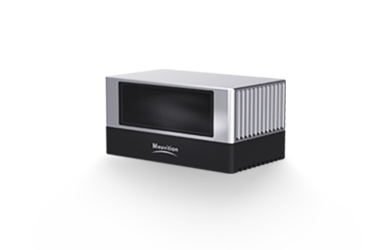
Titan P1
Compact and versatile for mobile and robotics applications.
Neuvition LiDAR Products Overview
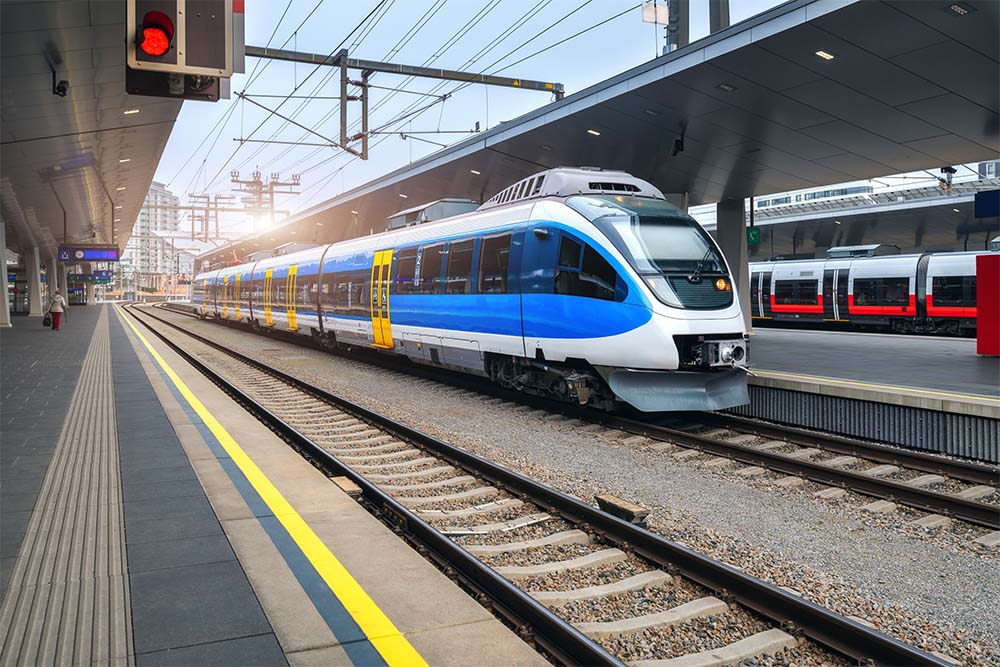
Railway Collision Avoidance
Enhancing safety in rail transportation.
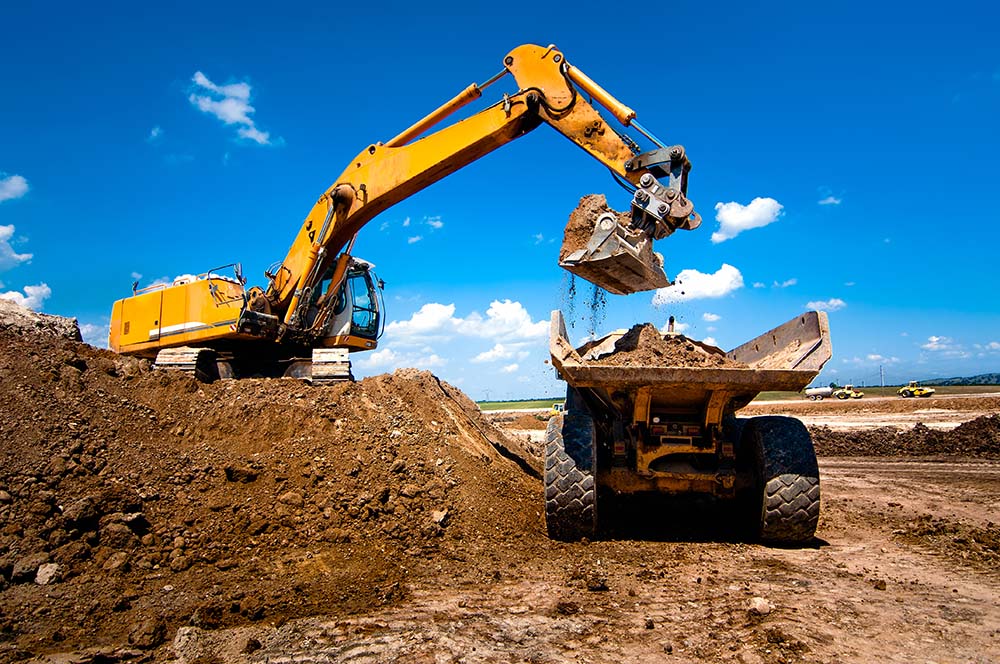
Volume Measurement
Accurate 3D volume calculations for industries like mining and construction.
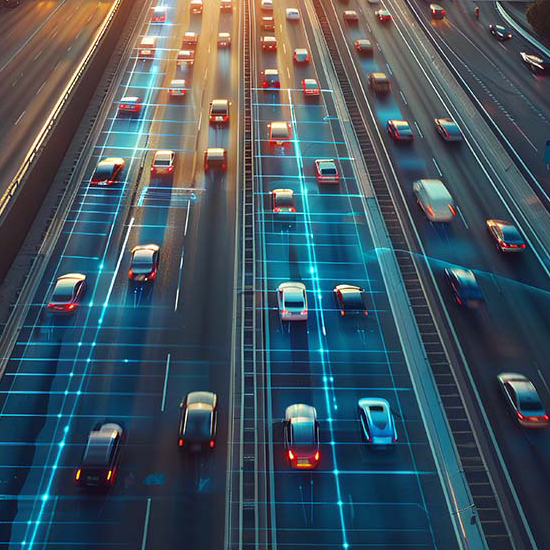
Smart Highway
Improving road safety and traffic management.

Robotics
Enabling precise navigation and object detection for autonomous robots.
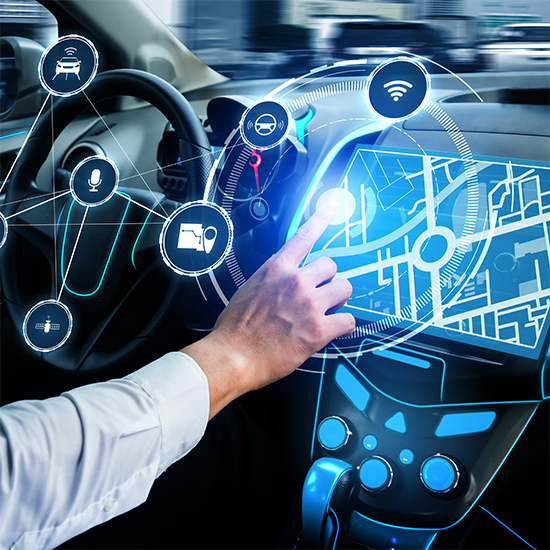
Autonomous Driving
Advanced sensing for self-driving vehicles.
Application Areas of LiDAR
Benefits of Using LiDAR

High accuracy and
precision in 3D mapping

Real-time data
collection and processing

Ability to penetrate vegetation
and capture ground topography

Efficient large-scale
surveying and mapping

Enhanced safety in
autonomous systems

Improved decision-making
with detailed spatial information
Software Solutions for LiDAR
Neuvition provides software solutions to complement its hardware, including point cloud processing and analysis
tools, real-time visualization software, a data integration platform for enterprise applications, and customized
algorithms tailored to specific industry needs.

Success Stories
MetroInnovate Urban Solutions improved traffic flow by 15% after implementing Neuvition's Smart Highway system. Emily Parker, the Director of Smart City Development, played a key role in deploying this system to enhance urban traffic management and reduce congestion.

BuildMaster Construction reduced project timelines by 20% using Neuvition's LiDAR-based site monitoring solution. Michael Thompson, the COO, led the adoption of this technology, focusing on improving efficiency and project management.

DeepCore Mining increased excavation efficiency by 25% with Neuvition's volume measurement solution. Robert Lin, the Head of Operations, was instrumental in integrating this technology to optimize resource extraction and operational productivity.

FAQ












Contact Us
If you have any questions or suggestions, please leave a message, we will get in touch with you within 24 hours!
